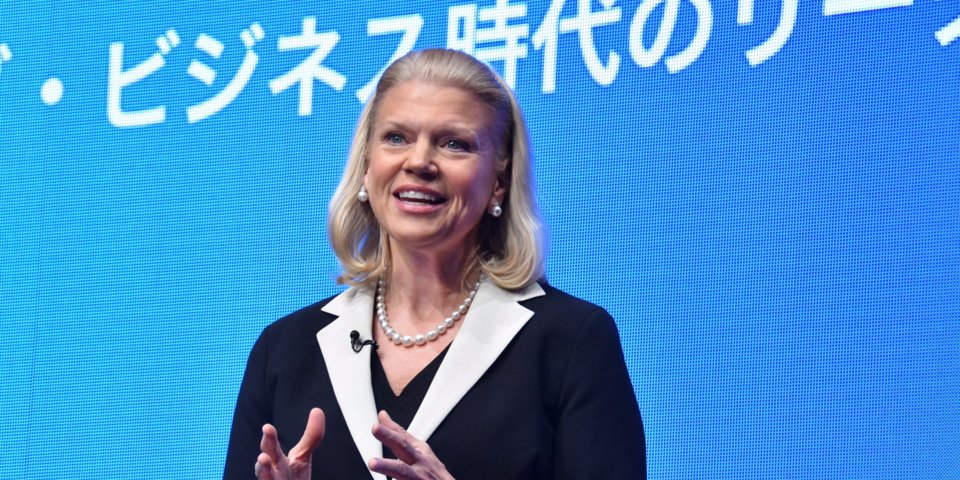
IBM CEO Ginni Rometty
- IBM told financial specialists Thursday that it has more than 400 customers with ventures on its block chain stage.
- Among its greatest customers are organizations like Walmart and Nestlé. It likewise unveiled a rundown of banks and exchange organizations utilizing its block chain.
- Block chain innovation is frequently connected with monetary standards like bitcoin, however endeavors are taking it on as another instrument for exchange and installments.
IBM’s foray into blockchain technology is catching on with customers, according to an investor briefing shared by the company on Thursday.
At least 400 IBM customers are now running blockchain-based projects, according to the briefing. Among those customers are 63 that work together with certain themes: 25 companies in global trade, 14 companies in food tracking, and 14 companies in global payments. Some of IBM’s most recognizable blockchain clients include Nestlé, Visa, Walmart, and HSBC.
While blockchains continue to be widely associated with startups and crypto-millionaires, IBM’s client list shows that large enterprises are truly embracing the technology.
IBM and Walmart actually launched a joint food safety block chain project globally last year, which enables the grocery chain to figure out where specific produce originated in a matter of seconds.
Why the block chain?
Blockchains, the technology that underlies cryptocurrencies like bitcoin, have caught on in enterprise as an efficient and comprehensive way of tracking both physical and digital items — from inventory to online payments. Often, these blockchains are decentralized, meaning they’re spread across many machines on a network. This redundancy makes it difficult for any one party to falsify the information contained on the blockchain.
Conventionally, blockchains like the one that powers bitcoin are public, so that anyone can see the changes that are made. It’s an important aspect of most cryptocurrencies that the blockchain is accessible to all, to eliminate the possibility of shady dealings.
But IBM’s product, which is built on top of an open-source blockchain called Hyperledger Fabric, uses “permissioned networks.” This means companies can have some of the information on their bespoke blockchain be publicly viewable, and some of it locked behind a password or other security mechamism.
A global trader like the Dow Chemical Company (an IBM blockchain user) may want to have an immutable receipt between itself and its trade partners in order to guarantee that no one is being scammed. But it doesn’t necessarily want that information to be viewable by its competitors — or, say, the media.
In global shipping, IBM’s clients include Maersk, Du Pont and Dow Chemical. Its food trust customers include Walmart, Nestlé, Kroger and Unilever. Its global payment customers include Visa, the Polynesian payments company KlickEx, EarthPort, Nab,, BBVA and CIBC. And in trade finance, IBM’s customers include Societe General, WeTrade, HSBC, Unicredit, and Santander.
They’re not the only ones rushing towards the block chain, either. JD.com, the Amazon of China, is launching a project to put high-end beef imports on a block chain so that its customers can see where their meat has been.
Original article by Becky Peterson